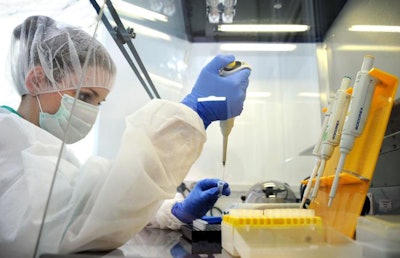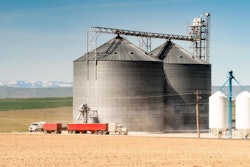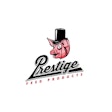
New FDA accreditation rule would rarely apply to animal feed handlers or processors
The latest addition to the Food Safety Modernization Act (FSMA) aims to add new testing requirements to a swath of food products, but the new rules would rarely apply to animal feed.
Under the U.S. Food and Drug Administration’s (FDA) proposed accreditation rule, published in the Federal Register on November 4, food producers would have to send samples of items suspected of a food safety problem to an accredited laboratory for testing, and the laboratory would be required to submit test results directly to the FDA. Certain products such as shell eggs, sprouts and even bottled water get called out specifically in the rule, but animal feed producers will rarely encounter circumstances where compliance with this particular addendum is necessary.
According to an FDA spokesperson, the proposal would not affect routine preventative measures such as product testing or environmental monitoring. However, feed mills could be required to seek testing at an accredited laboratory under a few specific circumstances.
If, for example, a mill desires to import a food product into the U.S. that is under an import alert, tests from an accredited laboratory could be required to gain admission. Mandatory recall orders, administrative detention orders, and corrective action after the suspension of a facility’s registration could trigger the new FDA accreditation rule.
The rule also gives the FDA the authority to directly order testing at an accredited laboratory in the event of a suspected food safety problem.
However, because an accredited laboratory would only be required in the event of legal actions or investigation, the American Feed Industry Association anticipates that the impact on feed mills would be minimal.
The proposed rule is subject to a public comment period that runs through March 3. Comments may be submitted online via www.regulations.gov, or mailed to:
Dockets Management Staff
HFA-305
Food and Drug Administration
5630 Fishers Lane, Room 1061
Rockville, MD 20852
Comments should reference docket number FDA–2019–N–3325.

















